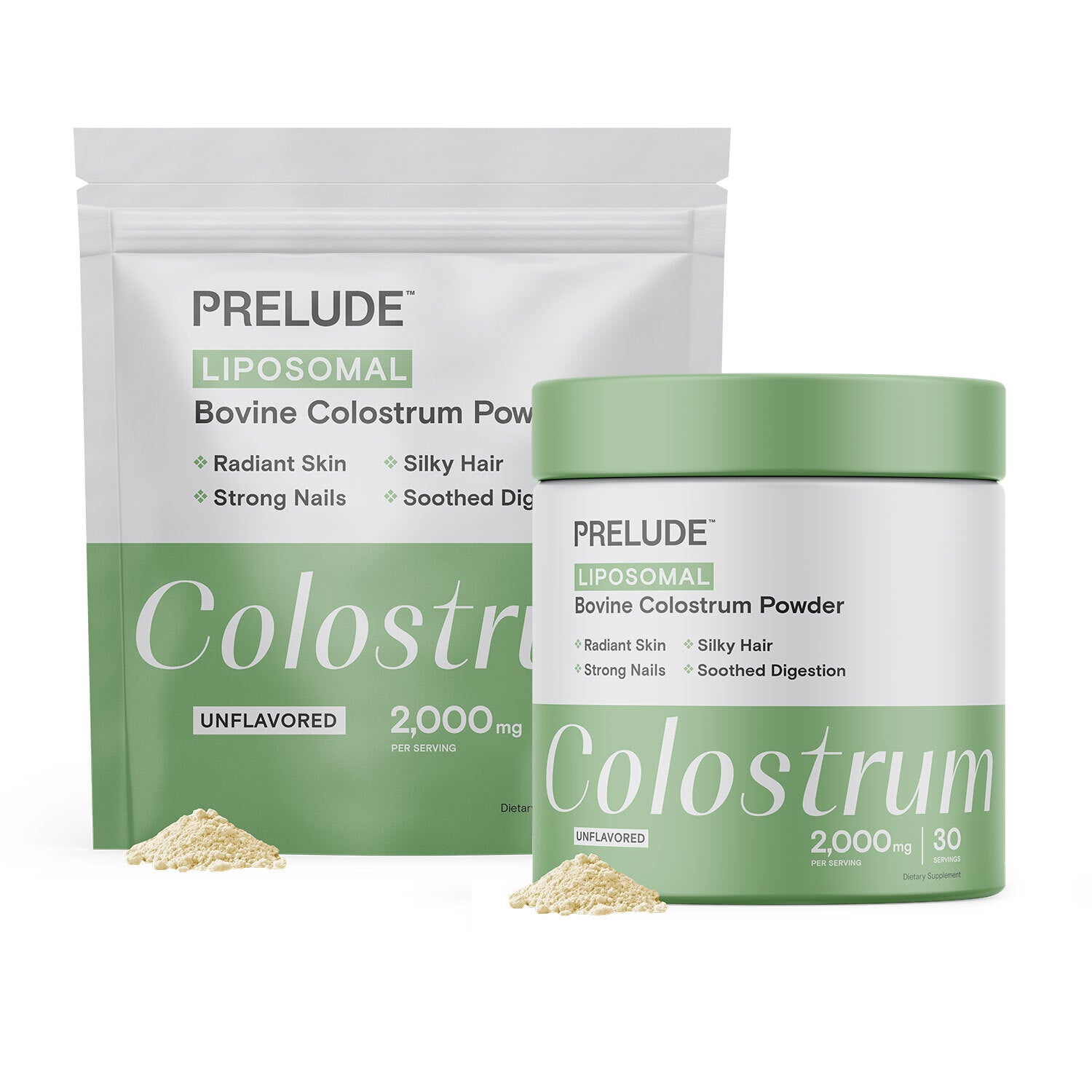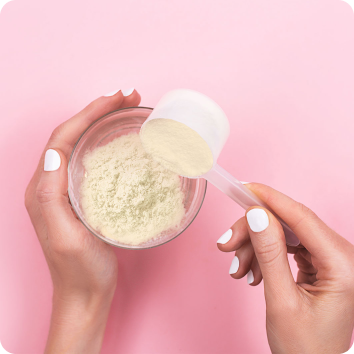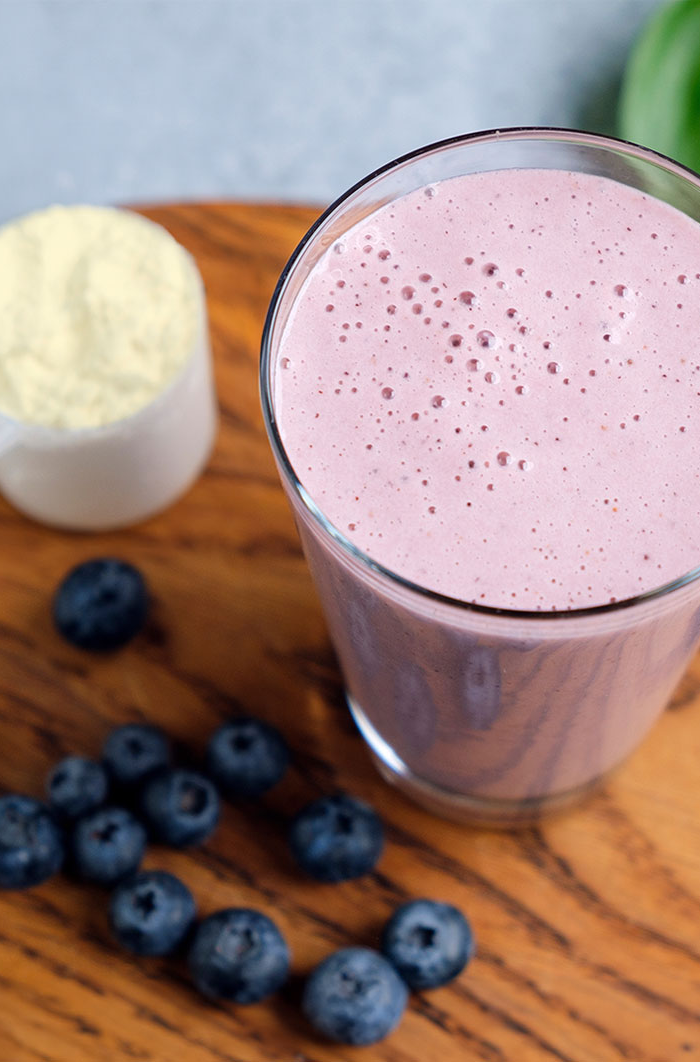
10 Best Supplements to Reduce Exercise Recovery Time
After a tough workout, your body needs time to recover and repair. Using the right exercise recovery supplements can speed up this process and help you feel better faster.
To help with this, we came up with this list of the 10 best supplements to reduce exercise recovery time. As a reminder, check with your primary healthcare physician before adding anything new to your diet.
Now, let’s take a look at the best supplements for exercise recovery.
1. Protein powder
Protein is essential for muscle repair and growth. After exercising, your muscles need protein to rebuild and get stronger.
- Speeds up muscle repair
- Enhances muscle growth
- Reduces muscle soreness
Protein powders, like whey or plant-based options, are easy to use and effective. They can be mixed with water, milk, or added to smoothies.
Protein helps rebuild damaged muscle fibers and promotes the growth of new muscle tissue, which is crucial for anyone looking to improve their strength and physical performance.
One of the best ways to increase your protein intake is to mix one scoop of protein powder with water, milk, or your favorite smoothie ingredients. Consume it within 30 minutes after your workout for optimal results.
2. Branched-chain amino acids (BCAAs)
BCAAs are essential amino acids that help reduce muscle soreness and fatigue. They support muscle recovery by decreasing protein breakdown during exercise.
- Reduces muscle soreness and fatigue
- Enhances muscle recovery
- Prevents muscle breakdown
BCAAs can be found in powder or capsule form and are usually taken before or after a workout.
These amino acids (leucine, isoleucine, and valine) are metabolized in the muscles rather than the liver, allowing them to be used quickly for muscle repair and energy.
If you’d like to incorporate BCAAs into your workout routine, mix one serving with water and drink it before, during, or after your workout. Some also take BCAAs between meals to maintain muscle mass.
3. Omega-3 fatty acids
Omega-3 fatty acids, found in fish oil, have anti-inflammatory properties. They can help reduce muscle inflammation and soreness after a workout.
- Reduces inflammation and muscle soreness
- Supports heart health
- Enhances overall well-being
Omega-3s also support heart health and overall well-being. These fatty acids help reduce the production of inflammatory compounds and promote the production of anti-inflammatory molecules, making them highly effective for reducing post-exercise soreness.
If you’re interested in adding Omega-3s to your recovery, consider taking fish oil capsules as directed on the package, or include omega-3-rich foods like salmon, flaxseeds, and walnuts in your diet.
Check with your primary healthcare physician before adding anything new to your diet.
4. Creatine
Creatine helps improve muscle strength and recovery. It increases the amount of energy available to your muscles during intense exercise, helping them recover faster afterward.
- Increases muscle energy and strength
- Enhances muscle recovery
- Supports muscle growth
Creatine is often taken in powder form mixed with water or juice.
This supplement works by increasing the availability of ATP (adenosine triphosphate), which is the primary energy carrier in muscle cells.
Take 3-5 grams of creatine monohydrate mixed with water or juice daily. For the best results, some people start with a loading phase of 20 grams per day for the first week.
5. Colostrum
Colostrum is the first form of milk produced by mammals after giving birth. It’s rich in antibodies, growth factors, and nutrients that support muscle recovery and immune function.
Colostrum supplements can help reduce muscle damage, improve endurance, and speed up recovery.
- Supports muscle recovery
- Boosts the immune system
- Reduces muscle damage
Colostrum is available in powder, capsule, or gummy form and can be taken daily to support overall health and exercise recovery.
Take colostrum supplements as directed. You can mix colostrum powder with water, juice, or a post-workout shake, or simply take colostrum gummies.
6. Tart cherry juice
Tart cherry juice is rich in antioxidants and has anti-inflammatory properties. It can help reduce muscle soreness and improve recovery time.
- Reduces muscle soreness and inflammation
- Speeds up recovery time
- Provides antioxidants
The antioxidants in tart cherry juice, particularly anthocyanins, help reduce oxidative stress and inflammation, which are common after intense physical activity.
To incorporate cherry juice into your recovery routine, drink one cup of tart cherry juice or take tart cherry extract supplements twice daily, preferably before and after your workouts.
7. Glutamine
Glutamine is an amino acid that supports muscle recovery and immune function. It helps reduce muscle soreness and speeds up the healing process.
- Supports muscle recovery
- Boosts the immune system
- Reduces muscle soreness
Glutamine can be found in powder or capsule form and is often taken after exercise.
This amino acid is particularly important for athletes because it helps maintain a healthy immune system, which can be compromised after intense exercise.
To add glutamine to your workout recovery, mix one serving of glutamine powder with water or your post-workout shake and drink it immediately after your workout.
8. Turmeric
Turmeric contains curcumin, which has powerful anti-inflammatory properties. It can help reduce muscle inflammation and soreness after a workout.
- Reduces muscle inflammation
- Eases muscle soreness
- Supports overall health
More specifically, the curcumin in turmeric can help block inflammatory pathways and reduce the production of inflammatory cytokines.
Turmeric supplements are available in capsule or powder form and can be added to foods or drinks. To take, consume turmeric supplements as directed on the package or add turmeric powder to your meals, smoothies, or teas.
9. Magnesium
Magnesium is a mineral and electrolyte that supports muscle function and relaxation. It helps reduce muscle cramps and soreness, promoting faster exercise recovery.
- Supports muscle relaxation
- Reduces muscle cramps and soreness
- Promotes overall health
Magnesium helps balance muscle contraction and relaxation, assisting in the recovery process. It can be taken in supplement form or found in foods like leafy greens, nuts, and seeds.
Take magnesium supplements as directed on the package, or include magnesium-rich foods in your diet.
Bathing in Epsom salts, which contain magnesium sulfate, can also help relax muscles.
10. Collagen
Collagen supports joint and connective tissue health, helping to reduce joint pain and stiffness, aiding in faster recovery after exercise.
- Supports joint health
- Reduces joint pain and stiffness
- Promotes skin and connective tissue health
Collagen provides the building blocks for the repair of cartilage and other connective tissues, making it vital for joint health and recovery.
Collagen supplements are available in powder or capsule form and can be added to drinks or taken with meals. To use, mix collagen powder with your morning coffee, smoothie, or any beverage. Follow the recommended dosage on the package and check with your primary healthcare physician before adding to your diet.
Recover faster with colostrum
Colostrum contains a variety of bioactive compounds that can help with exercise recovery. These include growth factors like IGF-1 and IGF-2, which support muscle repair and growth.
Colostrum also contains immunoglobulins that boost the immune system, helping you stay healthy and recover faster.
Not to mention, colostrum’s anti-inflammatory properties can reduce muscle soreness and inflammation after a workout.
Incorporating colostrum into your daily routine can be easy and convenient, especially with colostrum gummies.
These gummies provide all the benefits of colostrum in a tasty and easy-to-consume form. If you’d like, here are some tips for adding colostrum gummies to your routine:
- Start Small: Begin with the recommended dosage on the product label, usually one or two gummies per day.
- Consistent Intake: For best results, take your colostrum gummies at the same time each day. This helps establish a routine and ensures consistent intake.
- Combine with Meals: Taking colostrum gummies with meals can enhance absorption and reduce the risk of digestive discomfort.
- Stay Hydrated: Drink plenty of water throughout the day to support overall health and the benefits of colostrum.
- Monitor Your Progress: Keep track of any changes in your health, energy levels, and overall well-being. This can help you understand how colostrum is benefiting you.
















